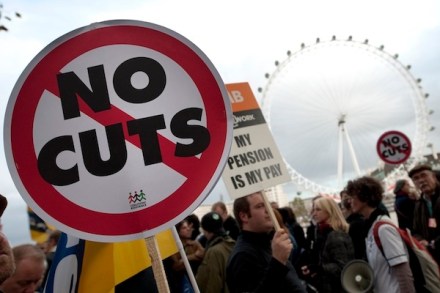Do public sector job cuts hit women disproportionately?
As we move towards the budget we will be hearing more and more warnings about the impact of further cuts in public sector employment. One line, pursued repeatedly by the TUC and the Fawcett Society since Mr Osborne’s first budget, is that such cuts will particularly impact on women. As the public sector employs more women than men, it is argued, the cuts mean higher unemployment for women. It has even been suggested that an Impact Assessment along these lines would conclude that public sector cuts breach the Equality Act. I don’t know about that. But it is worth pointing out how difficult it is to assess the impact of





















